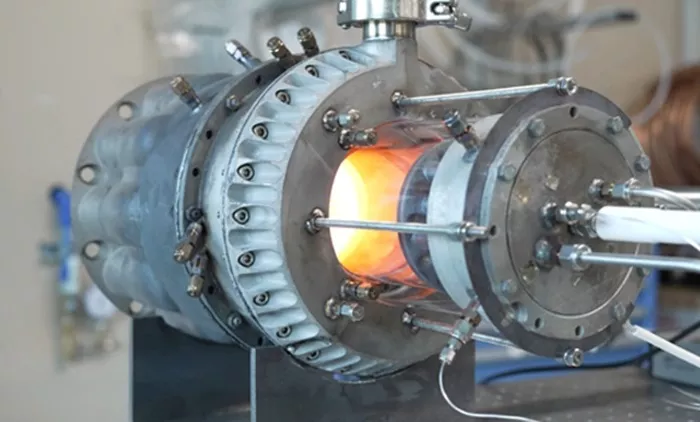Hyliion Holdings Corp., a clean energy developer based in Austin, Texas, has been selected by the US Department of the Air Force and the Department of Defense’s Chief Digital and Artificial Intelligence Office (CDAO). The company will respond to a critical Air Force need to maintain operations during fuel supply interruptions. Their KARNO generator allows smooth switching between different types of fuel.
Hyliion has earned an “Awardable” status, which lets them directly support the Air Force’s move toward more reliable energy sources. This reduces dependence on a single fuel type and supports the use of alternative fuels, in line with the Department of Defense’s energy goals. The selection came through the CDAO’s Tradewinds Solutions Marketplace, an innovative process that speeds up buying and adopting important technologies. These include artificial intelligence, machine learning, and resilient energy solutions.
Mr. Kirk Phillips, Director of the Air Force Office of Energy Assurance, said, “The Air Force used the Tradewinds process to quickly work with innovative American companies. This helps us keep critical operations running when fuel supplies are disrupted. It also simplifies logistics and lowers costs for procurement and maintenance over time.”
Thomas Healy, Founder and CEO of Hyliion, said, “Being part of the Tradewinds Solutions Marketplace is a big achievement for Hyliion. It proves the strategic value of our KARNO technology. We are committed to supporting government missions. We look forward to helping reduce logistical challenges and increase flexibility by removing the need for separate generators for each fuel type.”
The KARNO generator uses metal additive manufacturing to produce key parts. This is especially important for its heat exchangers and thermodynamic systems. Additive manufacturing improves the precision and quality of these components, which boosts the generator’s efficiency.
The generator’s ability to work with different fuels and its strong environmental benefits make it ideal for use in remote and changing conditions. It is designed for situations where resilience, efficiency, and sustainability are essential.

